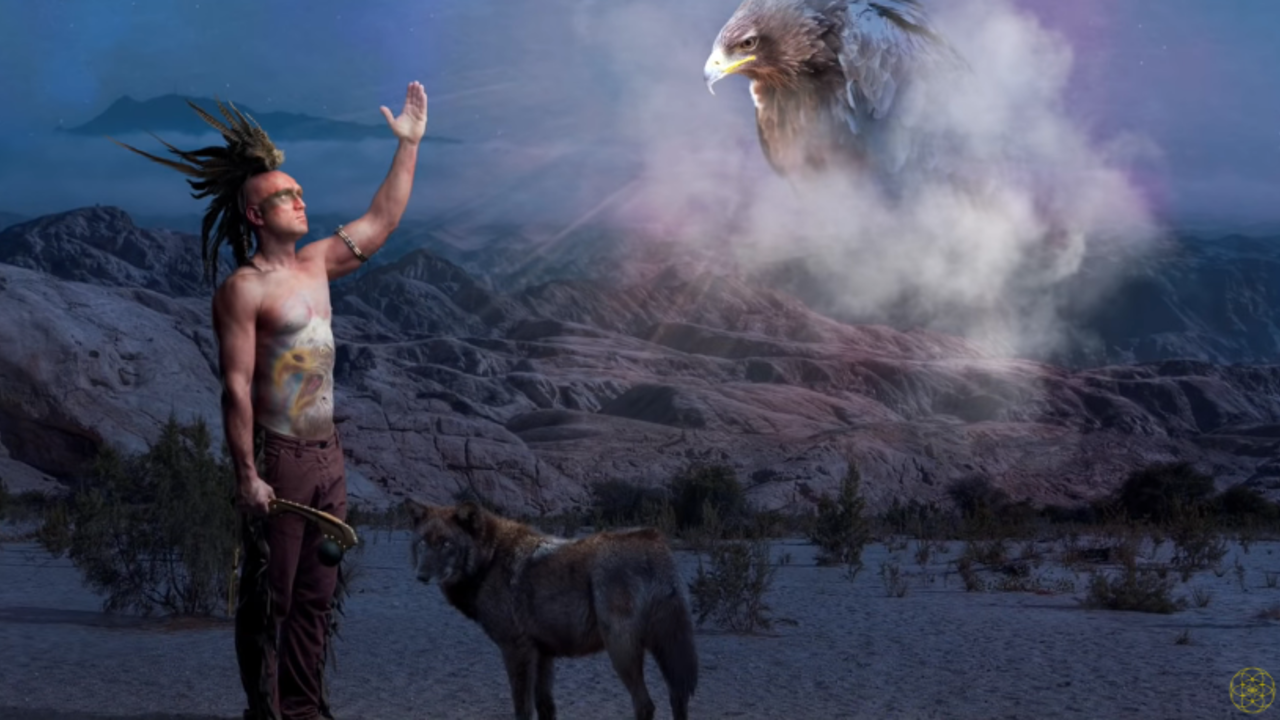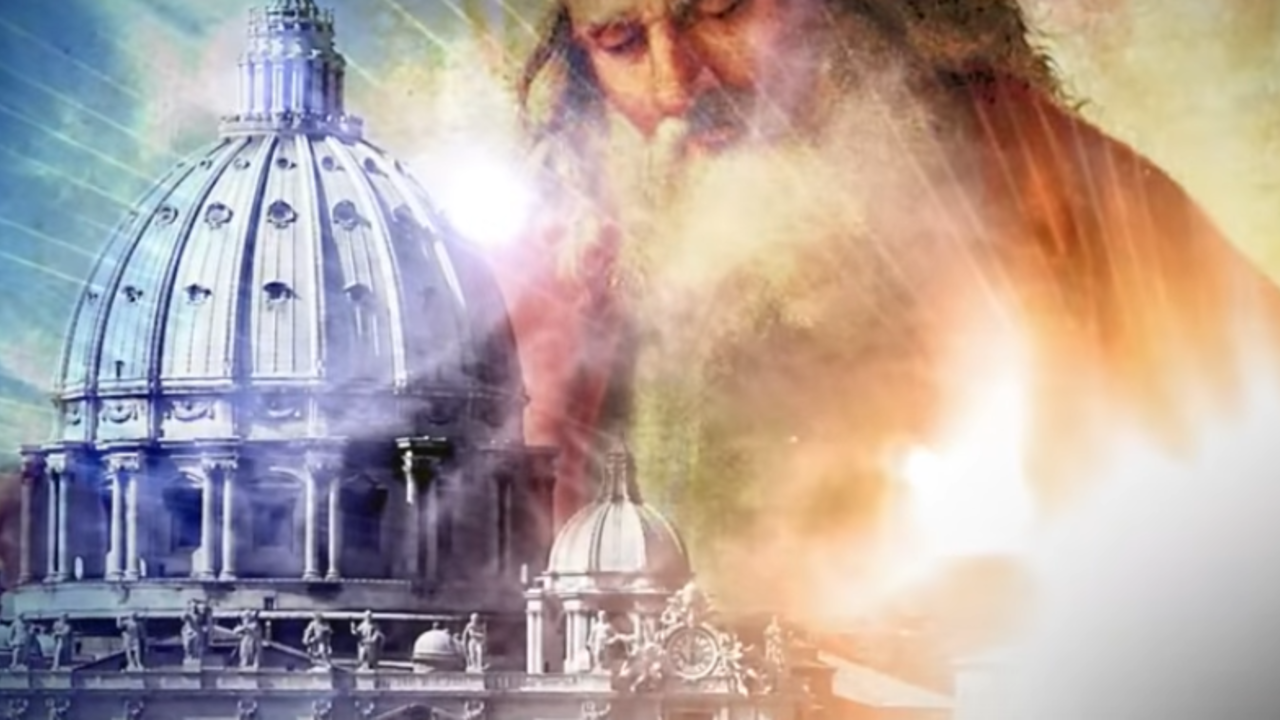The Aboriginal Dreamtime faith is native to the Aborigines of Australia and is about the continual formation of all life – together with rules for living – out of preexisting chaos of fertile potential. At the heart of this belief system, is the responsibility in the community.
The Dreamtime is a potent mix of the creation myth and ancestral lore, which dates back thousands of years in Australia. To them, the Dreamtime is the foundation of Law and Lore for the living – It shapes how things are and how things should be. Dreamtime is also a fundamental aspect of Creation. Before creation, there was a dark, infinite, featureless space. Within it exists all potential realities.
In this lore, it was believed that from the swirling in that infinite space, elements would erupt with energy and create physical creation. Specifically, aspects of the earth, creating hills, valleys, rivers, and springs, even bringing forth sunlight. The elements from which the physical...













